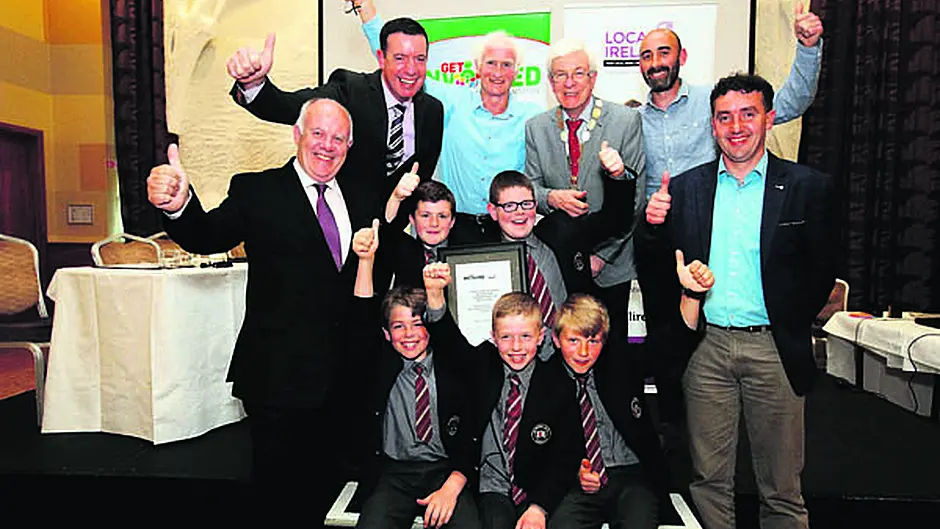The feeling among climate campaigners is that change has to come from the community. In the last instalment in our three-part series, we profile some local people who are already effecting that change
WE need to start producing local food for local needs and looking at ways to deliver sustainable livelihoods for the next generation.
Food production, renewable energy and eco-tourism are all areas that leading environmental campaigner Duncan Stewart has identified as being secure options to protect West Cork.
Community co-ops should be set up to keep money recirculating in the local economy, he says.
‘We need to mainstream a Horace Plunkett-type movement, which flourished in Ireland 120 years ago, when 600 small farmer-led creamery co-ops were established. The same principle applies again, if we are to address the pressing needs of the 21st century, which once more calls for people to establish small, local and sustainable community and farmer producer co-ops, which network and trade locally and with each other, in every small village catchment and urban community in Ireland.’
On average, in towns and villages across Ireland, 98% of the food consumed locally is sourced from outside the catchment, where 70% of these food products are imported.
Duncan says that means about €1,000 per each individual person, per year, gets drained from the local economy on food products imported from abroad.
‘If you take a rural village catchment area, with a population of say 500 people, that’s €500,000 that gets drained from the community each year. We need to look at producing much more local food produce and local energy for local needs, as West Cork has been doing so successfully, through a network of quality local artisan food producers and as a now well-branded destination for fine cuisine.’
He has issued an immediate call to people to get on board and form community groups and collaborate together locally by joining the ‘Get-Involved’ movement.
‘It’s an initiative developed by 43 local newspapers throughout Ireland, including The Southern Star. St Patrick’s Boys National School in Skibbereen won the nationwide award last year with their garden – a truly inspiring exemplary model.’
The Get-Involved movement is, he believes, the right vehicle to drive this huge transformation, as it spreads its network nationwide to every small village, town and urban community.
‘I suggest people contact their neighbours and start by holding small local meetings. Together, the public can assess the current state of the local area and track its recent changing patterns, identify its pressures and focus on what is the most realistic pathway to achieving its desirable long-term needs. Following that, brainstorm ideas together, for new sustainable community enterprises. That could lead to establishing a local co-op, which can secure long-term rewarding livelihoods for local people, and especially for young people. These not-for-profit enterprises can be ‘producer’, ‘consumer’ or ‘pro-sumer’ co-ops, that seek to produce and trade in local food produce and in renewable energy for local needs.
‘They, likewise, can focus on protecting the natural habitats, wildlife and river catchments in their vicinity, through forming collaborative new enterprises in eco-tourism. These co-ops can also network with each other, share knowledge, skills, training and resources and build economies of scale to enable them compete in the local market, and to provide affordable quality produce.
‘As soon as your small community group forms an effective forum for sharing ideas, and a place to regularly collaborate, and when you have selected some of the main activities you wish to pursue, then seek to join Get-Involved by contacting the editor of your local newspaper, in this case The Southern Star.’








